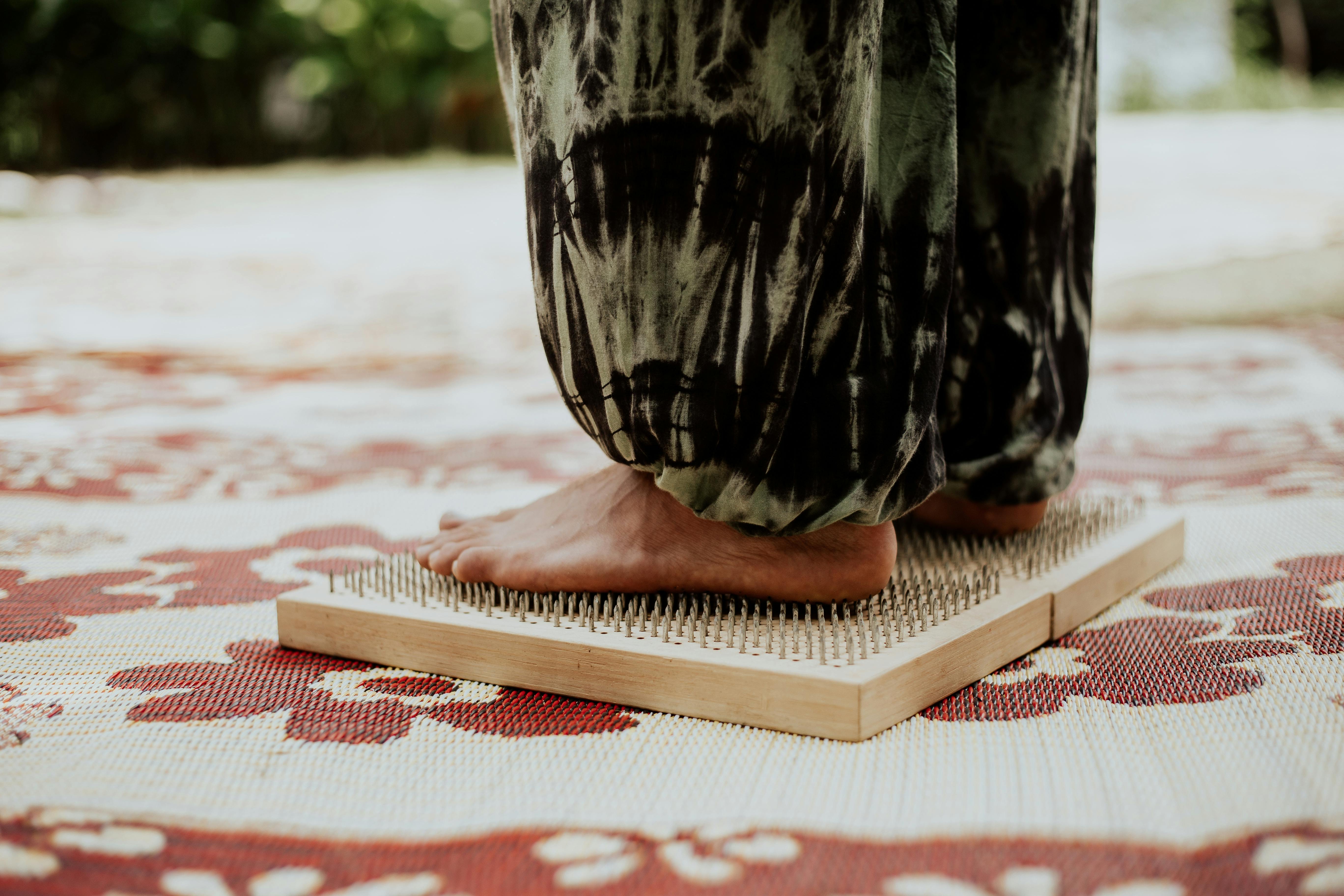Yoga and Mental Health: A Lifeline for Anxiety Disorder
The ancient practice of yoga, originating more than 5,000 years ago in India, has been an integral part of Eastern spiritual traditions for centuries. Its initial aim was to help people attain spiritual enlightenment, promoting harmony among the body, mind, and spirit. Over time, yoga has evolved and spread across the globe, transforming into a popular form of exercise and stress relief.

Today, yoga’s relevance is more significant than ever, especially for mental health. Amid the hustle and bustle of modern life, mental health disorders like anxiety are on the rise. According to the Anxiety and Depression Association of America, anxiety disorders affect 40 million adults in the United States, about 18.1% of the population every year. As people search for effective ways to manage stress and improve mental wellness, yoga offers a natural, holistic approach.
Yoga and Anxiety: Understanding the Connection
Yoga’s physical postures (asanas), controlled breathing exercises (pranayama), and meditation (dhyana) collectively exert a calming effect on the nervous system, which can significantly decrease symptoms of anxiety. Regular yoga practice can lower stress hormone levels, reduce heart rate and blood pressure, and increase blood flow to vital organs, leading to relaxation and a sense of wellbeing.
But the benefits of yoga extend beyond the physiological to the psychological realm. The mindful awareness and focused attention that yoga cultivates can alter the way we perceive and respond to stressors, offering a powerful tool for anxiety management.
Emerging Trends: The Rise of Yoga Therapy for Anxiety
In the past decade, yoga’s popularity has surged not only among the general public but also within the healthcare community. A growing body of research supports the effectiveness of yoga as a therapeutic intervention for various mental health disorders, including anxiety.
Yoga therapy, a specialized application of yoga techniques to manage and prevent health problems, is now recognized by the American Psychological Association as a viable complementary treatment for anxiety. This trend reflects a broader shift in healthcare, with an increasing emphasis on integrative and holistic approaches to wellbeing.
The Impact of Yoga on Individuals with Anxiety: Real-Life Stories
People with anxiety who engage in regular yoga practice often report reduced symptoms and improved quality of life. For example, a study published in the Journal of Clinical Psychology found that participants who completed an 8-week yoga program showed significant reductions in anxiety and depression symptoms, demonstrating yoga’s potential as a useful therapeutic tool.
Beyond the numbers, personal stories reveal the transformative impact of yoga on individuals’ lives. Many people with anxiety express how yoga has helped them regain control over their minds, reduce their reliance on medication, and cultivate inner peace.
Unique Insights into Yoga for Anxiety
While yoga’s positive effects on anxiety are well-documented, less attention has been given to why yoga is particularly effective for this population. One possible explanation lies in the nature of anxiety itself. Anxiety is not just a state of mind; it’s a physical state that manifests in the body through symptoms like rapid heart rate, shortness of breath, and muscle tension.
Yoga’s holistic approach addresses both the psychological and physical aspects of anxiety. By combining physical postures with controlled breathing and meditation, yoga helps individuals reconnect with their bodies, regain control over their physiological responses to stress, and cultivate a more peaceful mental state.
In sum, yoga offers a lifeline for those grappling with anxiety. Its power lies not only in its ability to alleviate symptoms but also in its potential to transform the way individuals perceive and respond to stress. Through regular practice, yoga can foster a sense of inner peace and resilience that extends beyond the yoga mat, into every facet of life. Despite its ancient roots, yoga’s relevance in today’s world is clear: it is a vital tool for promoting mental health and wellbeing in our increasingly stressful world.




